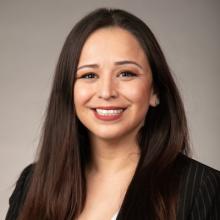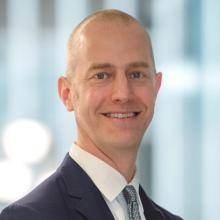RemPlex Seminar: The Hidden Costs of PFAS Remediation
Learn how factors such as energy use, waste generation, and regulatory context affect the long-term sustainability of PFAS cleanup efforts in this discussion co-hosted by the Sustainable Remediation Forum (SURF).

Tuesday, August 19, 2025
10:00–11:30 a.m. PDT ǀ 1:00–2:30 p.m. EDT


